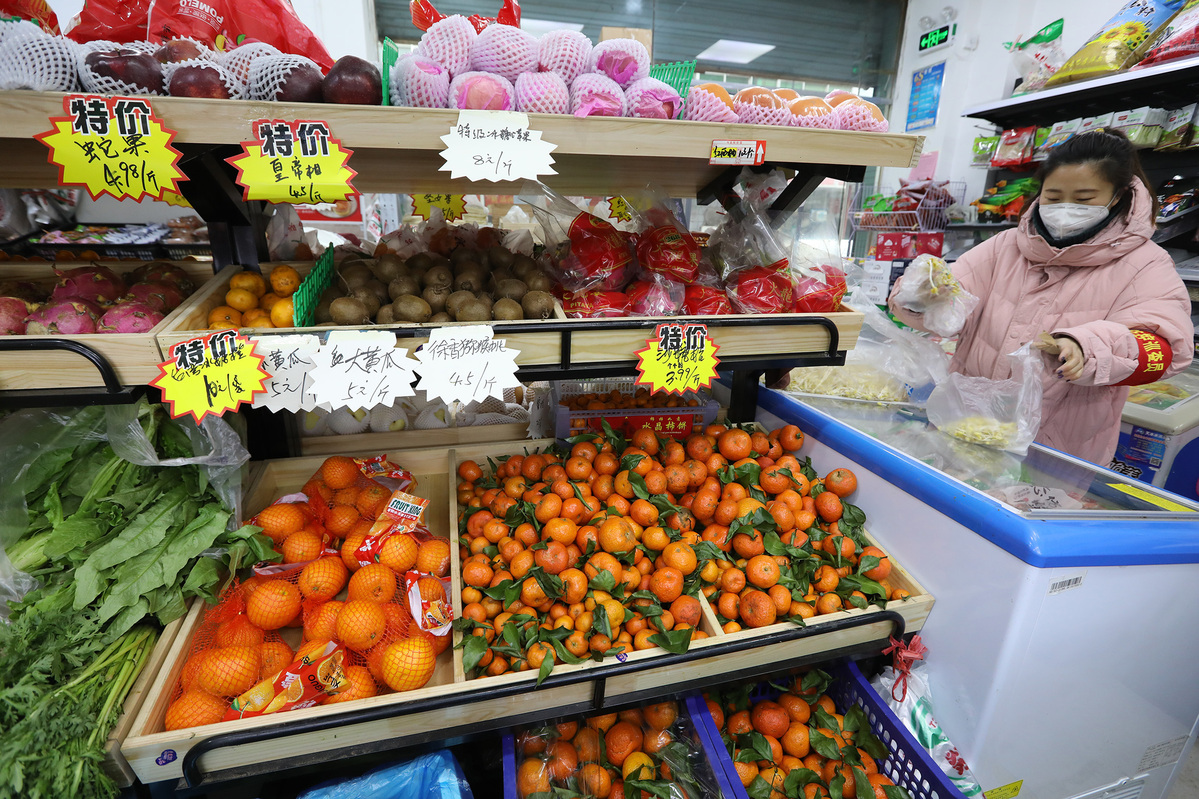Outbreak brings challenges, offers future opportunities to retail sector: Survey


The outbreak of the novel coronavirus epidemic though weighing down China's retail industry, especially brick-and-mortar retailers, also brings new opportunities to the sector, a report by the global measurement and data analytics company Nielsen showed on Thursday.
Nielsen compiled research covering key retail companies and over 10,000 traditional grocery stores, and offered in-depth analysis of retailers' challenges and responses to the outbreak, as well as the changes and opportunities the sector will face once the epidemic is over.
"The sudden COVID-19 outbreak is a huge test for China's retail industry, however retailers generally have shown great flexibility and resilience in a very volatile environment. Many retailers have quickly organized resources, responded actively to a rapidly changing situation and adjusted their business strategy," said Justin Sargent, president of Nielsen China. " Many retailers are telling us that they see opportunity arising out of this crisis and that the epidemic will accelerate the future development of the retail sector."
Nielsen findings showed that the impact of the COVID-19 outbreak on retailers during Spring Festival was polarized. Among surveyed retail companies, 42 percent said their sales declined compared to the same period last year, among whom 29 percent fell significantly. In contrast, 44 percent of retailers reported growing sales, with 28 percent reporting significant growth.
By business types, most of the large businesses, such as supermarkets, said their sales growth was good, and top retailers performed well, relying on strong supply chains. The growth of small businesses, especially convenience stores, slowed down. Stores specializing in personal care and cosmetic products, as well as maternal and infant stores, have been greatly affected. However, some maternal and infant stores showed significant growth, as they actively expanded online and social marketing channels to meet consumer demand during the epidemic.
Nielsen research showed that in light of the COVID-19 outbreak, three major challenges facing retailers are insufficient inventory of some categories, difficulty in logistics and distribution, and not enough staff to deliver orders.
About 62 percent of surveyed retail companies believed that they had insufficient inventory in some categories in the early stage of the outbreak, and that their emergency organization mechanism failed to make a quick response.
About 59 percent of those surveyed believed the procurement costs of certain categories rose, logistics and distribution became difficult, and the supply chain was put under pressure. Forty-eight percent of them said they do not have enough workers to deliver surging online orders.
Some retailers, however, were able to quickly organize resources, respond actively to the epidemic, and launch a series of measures to help turn crisis into opportunity.
These measures included flexible coordination of the supply chain, ensuring the efficiency of product supply, assisting employees with solicitude, rationally deploying the staff, adjusting the store's operating hours, expanding businesses through online channels and in community, and strengthening corporate brand marketing to enhance consumers' trust and favorable impression.
Like the retail industry's changes in the SARS period, consumption related to the industry is likely to rebound once the COVID-19 outbreak is over. The retail sector, which has been tested by the epidemic, is going to face changes and opportunities.
Nielsen research showed that 46 percent of the surveyed retailers were optimistic about business prospects over the next half of the year, among whom 8 percent believe that the business situation will be very good, that the epidemic was both a challenge and an opportunity, and that they can outperform others in the period. Thirty-six percent of optimistic retailers worried about the future and believe operating pressure will increase.
In terms of the industry's opportunities and business strategies in the upcoming year, 67 percent of the retailers said they would make efforts to expand online channels and accelerate home-based business/retail warehouse layout. Fifty-three percent said they would change their product mix according to consumers' shopping habits, and increase the inventory and on-shelf number of health, disinfection, and protection products. Forty-three percent of the retailers said that they would deeply work on the supply chain, especially the supply chain for fresh food, strengthen ties with various brands, and enhance communication efficiency.
Zheng Hao contributed to this story



































